Jordanians stage mass rally in protest against water-for-energy deal with Israel
Jordanians have held a mass rally against a water-for-energy deal with Israel, saying the agreement further normalizes ties with the Tel Aviv regime while it presses ahead with its occupation of the Palestinian territories and acts of aggression against Palestinians.
Police were deployed heavily around a downtown area of the capital Amman leading to the Husseini Mosque where demonstrators marched after Friday prayers.
The demonstrators chanted anti-Israel slogans and held banners reading, “The gas of the enemy is an occupation!” and “Down with the gas deal.”
The Jordanian protesters called on their government to scrap its peace agreement with Israel and called normalization a "humiliation".
Last month, Jordan’s water minister, Israel’s energy minister, and the United Arab Emirate’s climate change minister, signed the water-for-energy deal in Dubai in the presence of US Climate Envoy John Kerry.
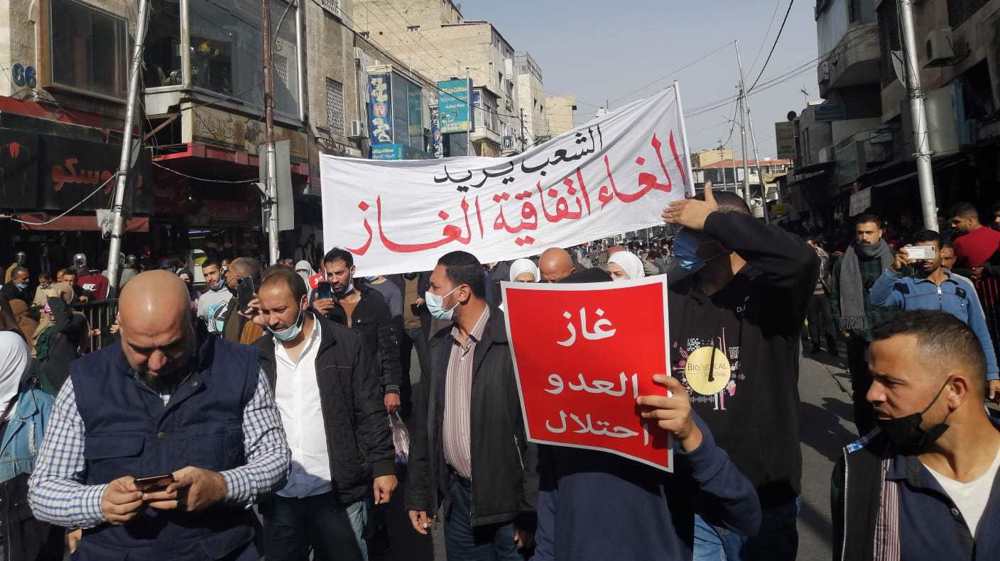
Under the agreement, Jordan would receive 200 million cubic meters of desalinated water from Israel, in return for 600 megawatts of electricity generated from a UAE-funded solar energy plant in Jordan.
The mass rally was the second such protest in recent days as thousands of Jordanians staged a demonstration against the deal last week.
Protesters chanted "No to the agreement of shame", and carried signs that read, "Normalization is treason".
Rund Awwad, an engineer specializing in renewable energies and energy policy in Jordan, said, “I don’t see this agreement ticking any boxes to achieve energy and water security… This is more of a political deal, it’s not about the feasibility or the strategy.”
Awwad pointed to many “hidden and indirect risks” involved with the construction of a massive solar energy field.
The project will use a “huge amount” of Jordanian land, she stated. “I’d rather use [the land] for strategic projects that would benefit Jordan.”
She also noted the 200 million cubic meters to be provided to Jordan under the deal is a “very modest number compared to the capacity of water resources in Jordan.”
Awwad said there are many other, more sustainable and effective methods to address Jordan’s water scarcity.
For instance, climate funding could be used to upgrade the kingdom’s water storage capacity or to build Jordan’s Red Sea desalination project, known as the National Water Carrier Project, she added.
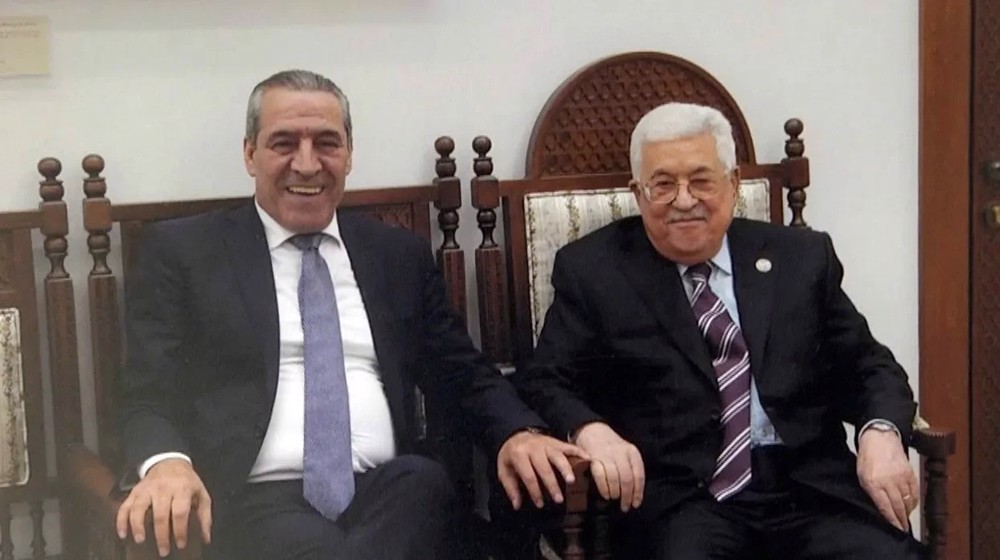
Abbas names likely successor in move deemed ‘illegitimate, divisive’
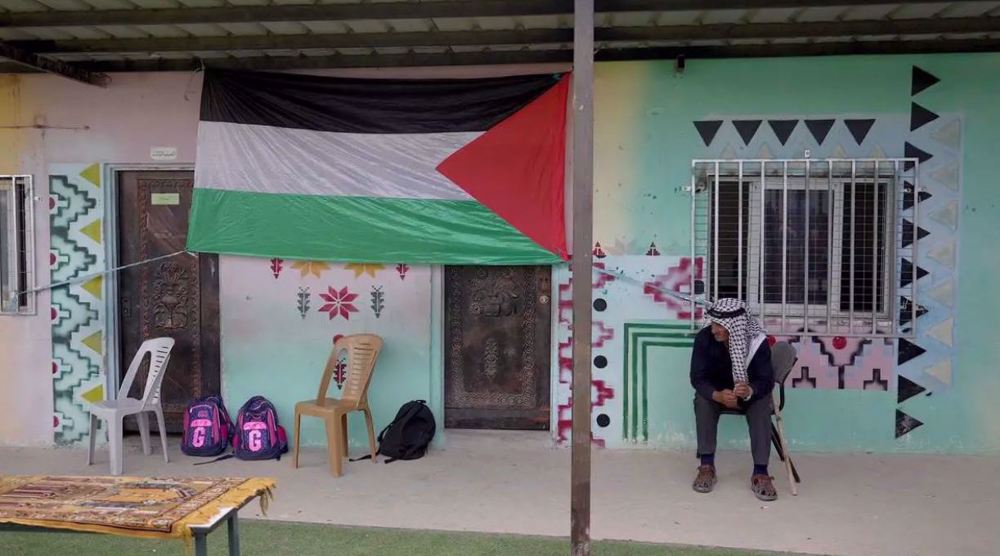
Illegal Israeli settlers attack Palestinian school in occupied West Bank
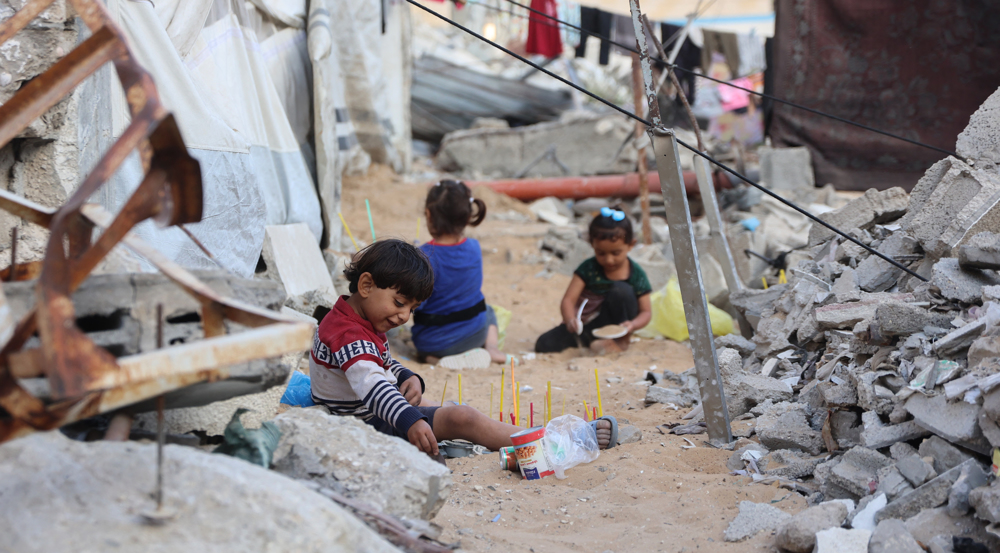
51 civilians killed in Gaza as Israel ramps up attacks amid all-out blockade
IAEA director speaks with Araghchi about Iran-IAEA cooperation
US airstrike on Yemeni capital kills 8 people
VIDEO | Iran multilayered diplomacy
VIDEO | Press TV's news headlines
Iran more than halved its power grid losses to 10% in 16 years: Expert
Abbas names likely successor in move deemed ‘illegitimate, divisive’
Illegal Israeli settlers attack Palestinian school in occupied West Bank
VIDEO | Israeli forces tighten siege on Jenin refugee camp


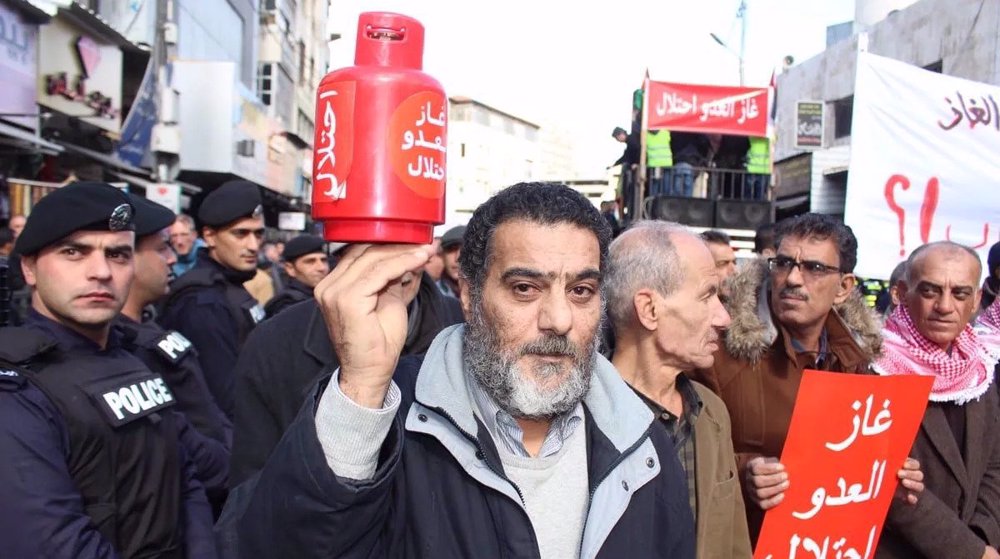



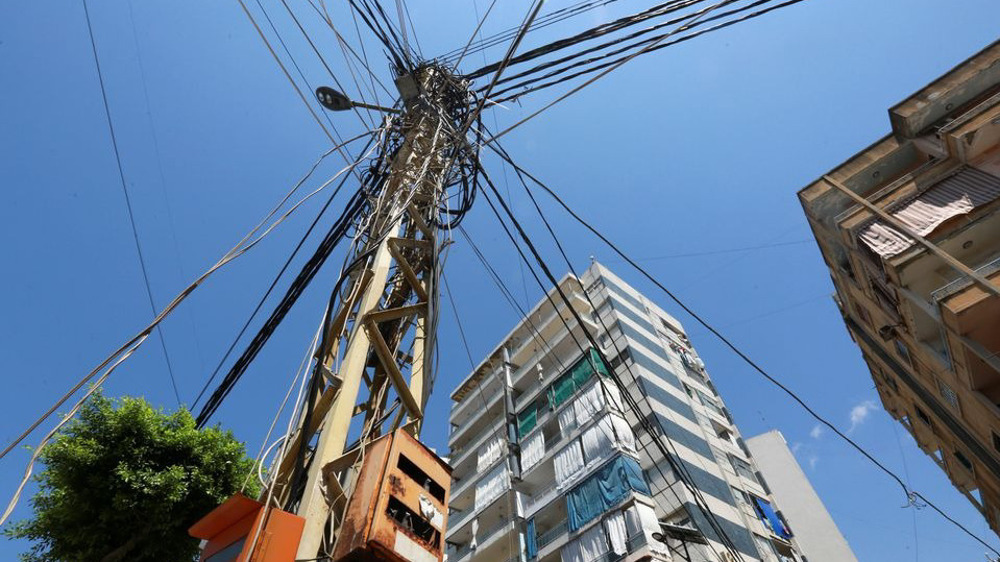
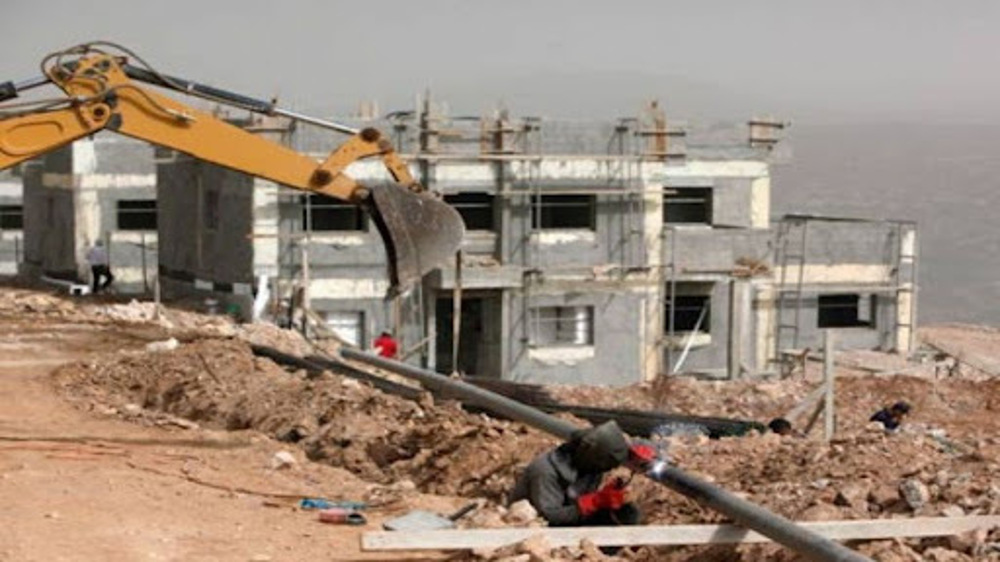

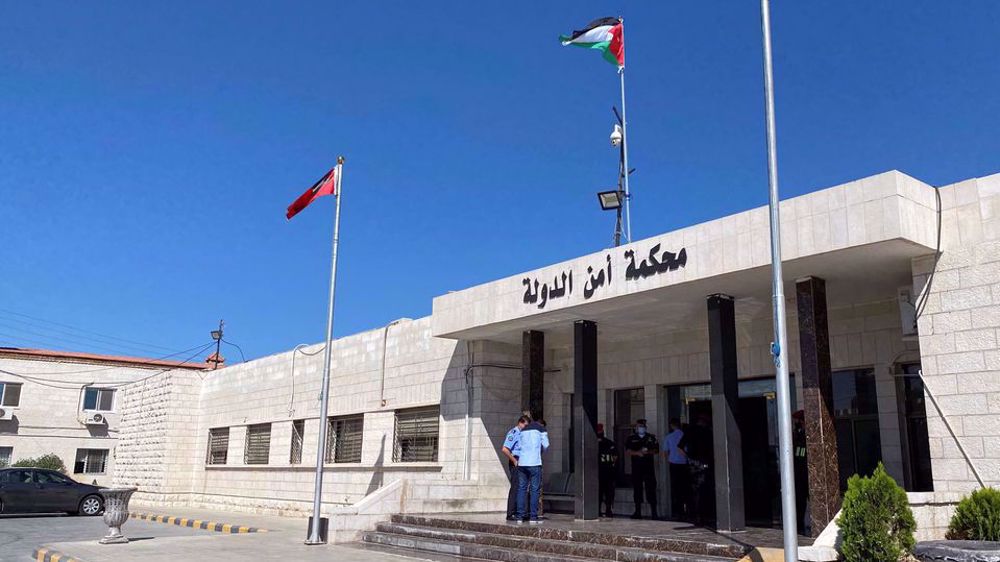
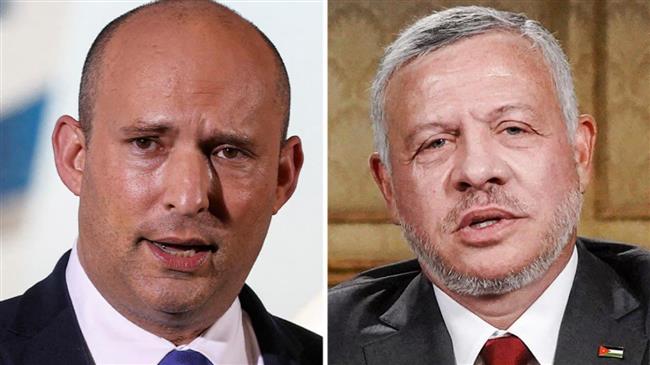

 This makes it easy to access the Press TV website
This makes it easy to access the Press TV website